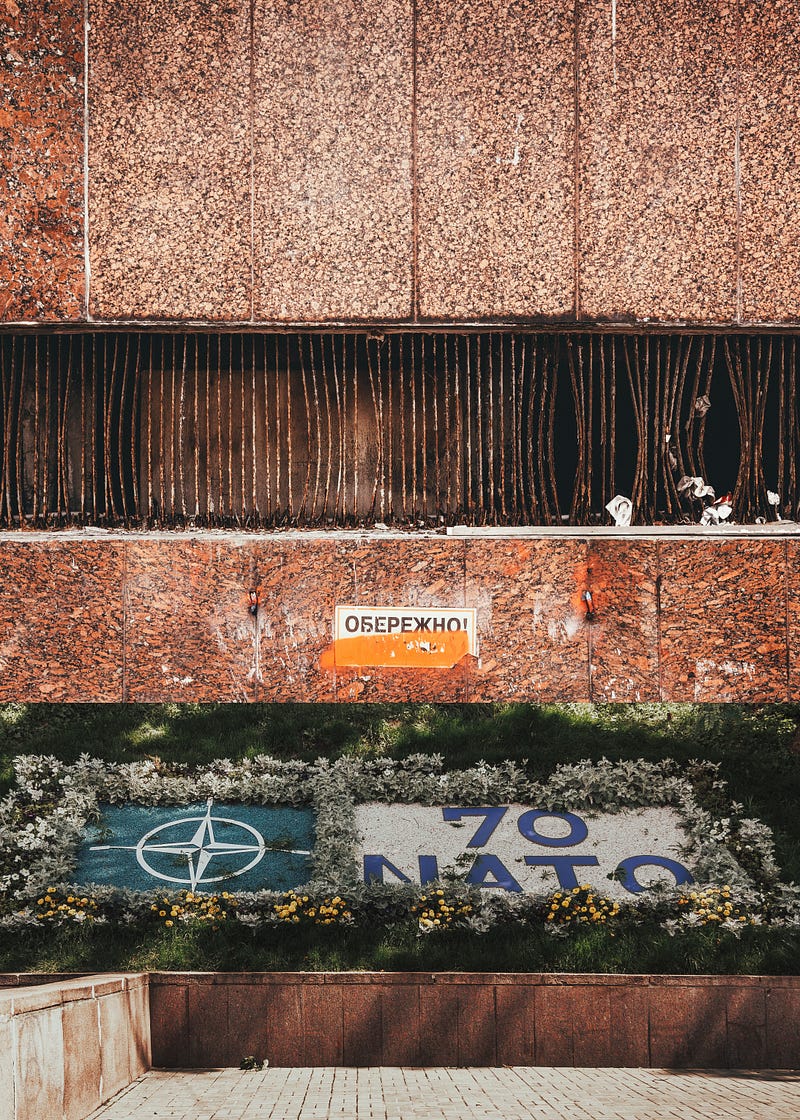
# The Evolving Role of NATO: Fostering Global Peace and Security
Since its establishment in 1949, the North Atlantic Treaty Organization (NATO) has played a pivotal role in shaping international relations and ensuring collective security among member countries. Over the years, NATO’s mission and functions have evolved to adapt to changing global dynamics. In this article, we explore the evolving role of NATO in fostering peace, stability, and cooperation within the world community.
## A Foundation for Collective Defense
NATO was originally formed as an alliance based on collective defense principles — aiming to safeguard member states against external threats. The principle enshrined in Article 5 of the North Atlantic Treaty asserts that an armed attack against one member is considered an attack against all members, prompting joint responses for mutual protection.
## Expanding Geographic Scope
Initially focused on Euro-Atlantic security concerns during the Cold War era, NATO gradually expanded its geographic scope beyond Europe. Engaging with partner countries through dialogue programs like Partnership for Peace (PfP) or Mediterranean Dialogue allowed NATO to foster relationships with non-member states while promoting regional stability through military cooperation and capacity-building efforts.
## Crisis Management & Peacekeeping Operations
In response to shifting global challenges such as conflicts or humanitarian crises outside its traditional area of responsibility, NATO has increasingly engaged in crisis management activities:
1. **Peacekeeping Operations:** From Bosnia-Herzegovina to Kosovo and Afghanistan, NATO-led peacekeeping missions have aimed at stabilizing conflict-ridden regions by providing security support, facilitating political processes, and building local capacities.
2. **Counterterrorism Efforts:** Recognizing terrorism as a transnational threat requiring collective action, NATO actively contributes expertise by sharing intelligence information among member states while supporting counterterrorism operations globally.
3. **Cyber Defense & Hybrid Threats:** As technology rapidly evolves worldwide with increasing cyber threats from state actors or non-state entities impacting national security interests, NATO has adapted to address these emerging challenges by developing cyber defense capabilities and enhancing resilience against hybrid threats.
## Partnerships & Cooperative Security
NATO’s engagement extends beyond its member countries through partnerships with various nations and organizations worldwide:
1. **Partnership Programs:** Expanding cooperation through partnerships, such as the Euro-Atlantic Partnership Council (EAPC) or the Istanbul Cooperation Initiative (ICI), allows NATO to foster dialogue, collaboration, and practical cooperation on areas of mutual interest.
2. **Multinational Training & Exercises:** Joint training exercises involving NATO forces and partner nations enhance interoperability while promoting trust-building among diverse military entities — an essential aspect of cooperative security efforts.
3. **Dialogue & Diplomacy:** Through political dialogues with non-member states or organizations like the United Nations or European Union, NATO contributes to conflict prevention efforts, promotes diplomatic solutions, and encourages adherence to international norms.
## Addressing Emerging Security Challenges
Recognizing the evolving nature of global security challenges, NATO continues to adapt its roles and strategies:
1. **Hybrid Warfare Response:** With increasing instances of hybrid warfare tactics blending conventional military actions with unconventional methods like disinformation campaigns or cyberattacks, NATO focuses on improving resilience against such threats while reinforcing strategic deterrence capabilities.
2. **Climate Change Considerations:** Acknowledging climate change as a potential driver for conflicts over resources or migration patterns in certain regions globally, NATO integrates environmental considerations into its planning processes — ensuring long-term stability amidst changing ecological landscapes.
## Conclusion: A Dynamic Force for Global Security
As an enduring alliance committed to collective defense principles since its inception seven decades ago, NATO has continuously evolved in response to shifting geopolitical realities and emerging security challenges worldwide. From fostering peacekeeping operations and crisis management initiatives to engaging in cooperative partnerships beyond traditional boundaries — NATO remains a dynamic force actively contributing towards global peace and stability.
By embracing flexibility alongside core principles rooted in collective security, NATO endeavors to promote cooperation, deter aggression, and address contemporary security concerns — ultimately striving for a safer and more prosperous world community.
*Note: This article provides an overview of NATO’s evolving role based on its stated objectives; it does not delve into specific policy decisions or endorse any particular political viewpoint.*

No comments:
Post a Comment